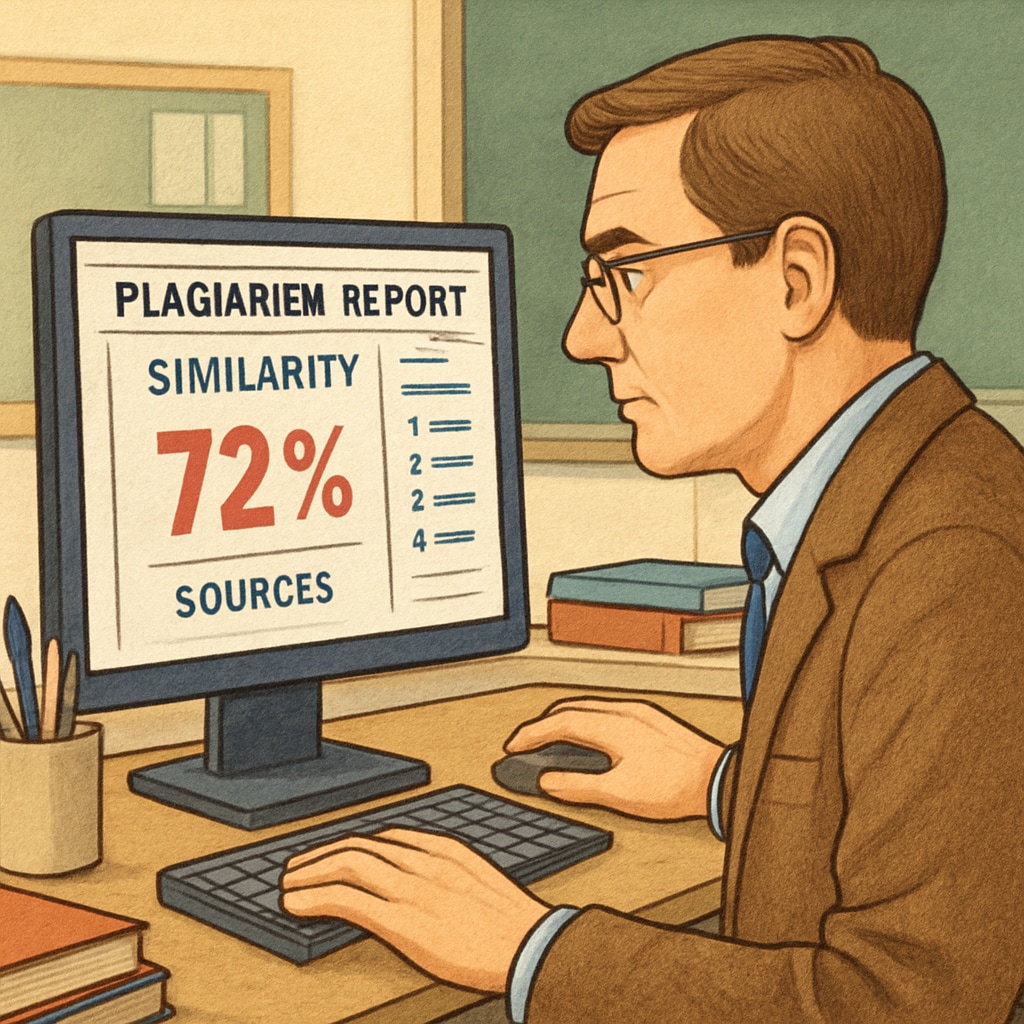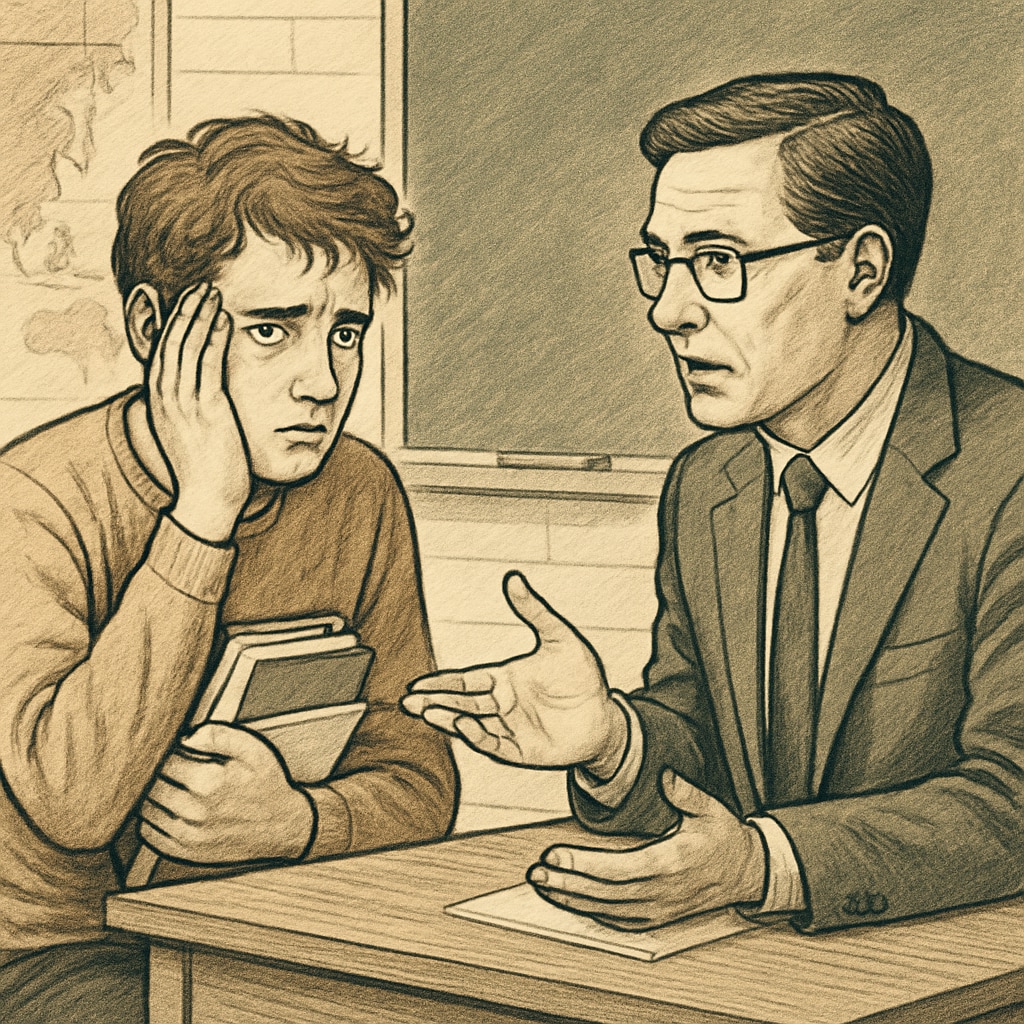Accusations of plagiarism can have a significant impact on students, especially when the charges are unfounded. In the K12 educational environment, instances where professors wrongly accuse students of plagiarism not only affect learners’ confidence but also raise critical questions about academic fairness and integrity. This article delves into the underlying causes of such misjudgments, their long-term effects, and potential solutions to ensure a balanced approach to academic honesty and fairness.
Understanding the Causes of Plagiarism Misjudgments
Professors often rely on plagiarism detection tools to identify suspected cases of academic dishonesty. However, these tools are not infallible. They can misinterpret common phrases, improperly flag paraphrased content, or fail to recognize cultural nuances in writing styles. In addition, teachers may sometimes make subjective judgments based on their own expectations of a student’s capabilities, leading to false accusations.
- Over-reliance on technology: Automated plagiarism checkers can misidentify properly cited work or generate false positives due to algorithmic limitations.
- Bias in judgment: Preconceived notions about a student’s performance can unfairly influence accusations of plagiarism.
- Lack of clear guidelines: Students may unintentionally plagiarize if they are not adequately taught about proper citation practices.

For example, in a study by Britannica, it was observed that errors in interpreting plagiarism reports were one of the leading causes of incorrect accusations in educational settings.
Consequences of Wrongful Plagiarism Accusations
When students are wrongly accused of plagiarism, the repercussions can be severe and long-lasting. These include damage to their academic records, diminished self-esteem, and a lack of trust in the educational system. Students may also become disengaged from learning, fearing further unfair treatment.
Consider these potential consequences:
- Emotional distress: Students may experience anxiety, frustration, or humiliation when wrongly accused.
- Hindered academic progress: Unjust penalties, such as reduced grades or suspension, can disrupt a student’s educational journey.
- Erosion of trust: Both students and parents may lose confidence in the fairness of the educational system.

According to Wikipedia, fostering an environment of trust and understanding is essential to maintaining academic integrity while safeguarding students’ rights.
Solutions for Ensuring Fairness in Plagiarism Accusations
To address the issue of wrongful plagiarism accusations, educators and institutions must prioritize fairness and transparency. The following steps can help achieve this:
- Implement clear plagiarism policies: Schools should ensure that students understand what constitutes plagiarism and how to avoid it.
- Train educators: Teachers should receive training on how to interpret plagiarism detection reports accurately and identify genuine cases of academic dishonesty.
- Establish fair review processes: Institutions should create mechanisms for students to contest accusations, such as academic review boards.
- Promote education over punishment: Instead of focusing solely on penalties, educators should use suspected cases as opportunities to teach proper citation practices.
By adopting these strategies, institutions can create a more balanced approach that upholds academic integrity while protecting students from wrongful accusations.
Conclusion: Striking the Right Balance
Ensuring academic integrity is vital, but it must be balanced with fairness and transparency. Professors must exercise caution when making plagiarism accusations, considering the potential consequences for students’ academic and emotional well-being. By adopting comprehensive policies, training educators, and fostering open dialogue, K12 institutions can strike the right balance between promoting honesty and ensuring educational equity.
Ultimately, a just and supportive educational environment benefits not only students but also the broader academic community, laying the foundation for lifelong learning and integrity.


